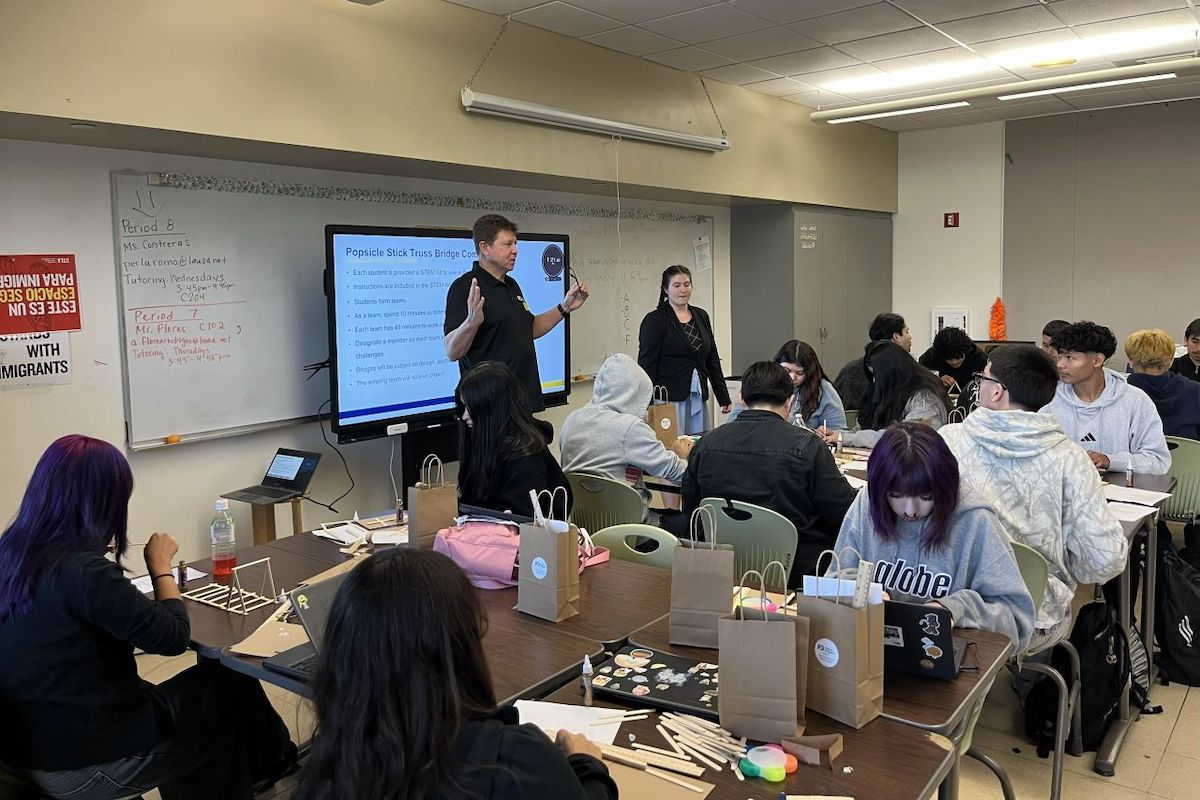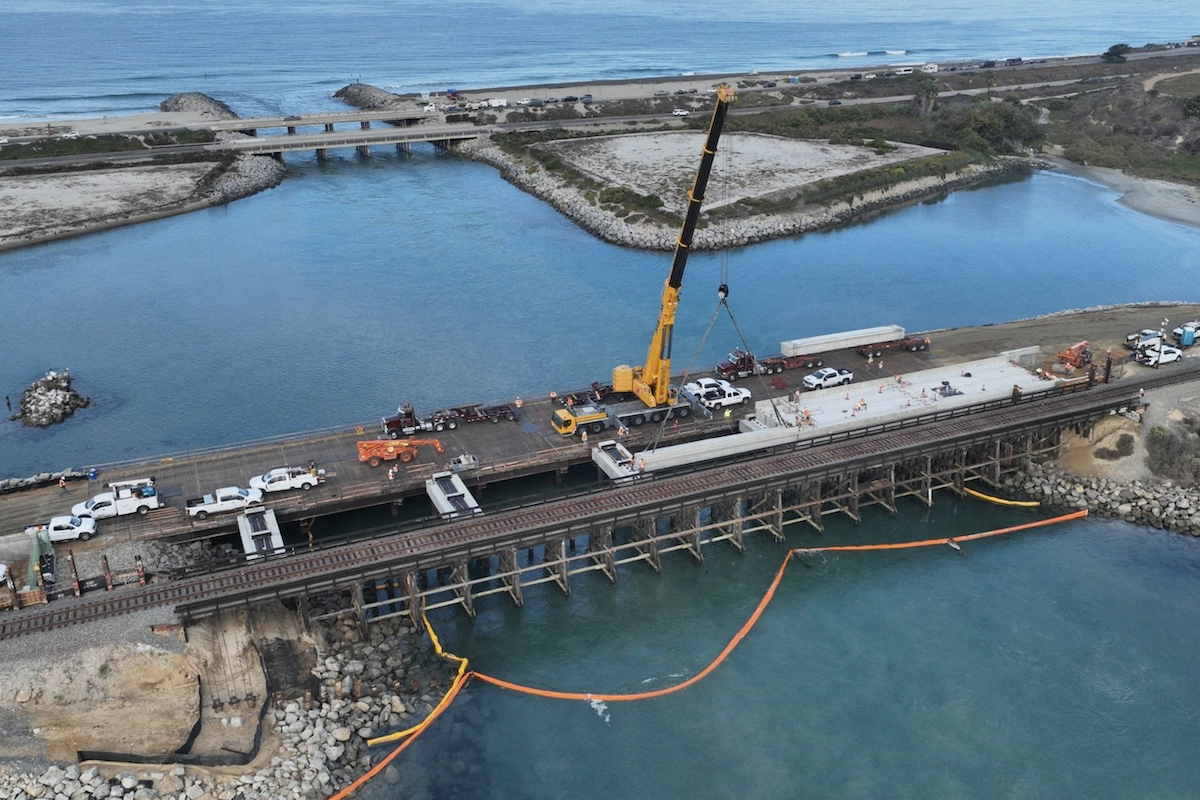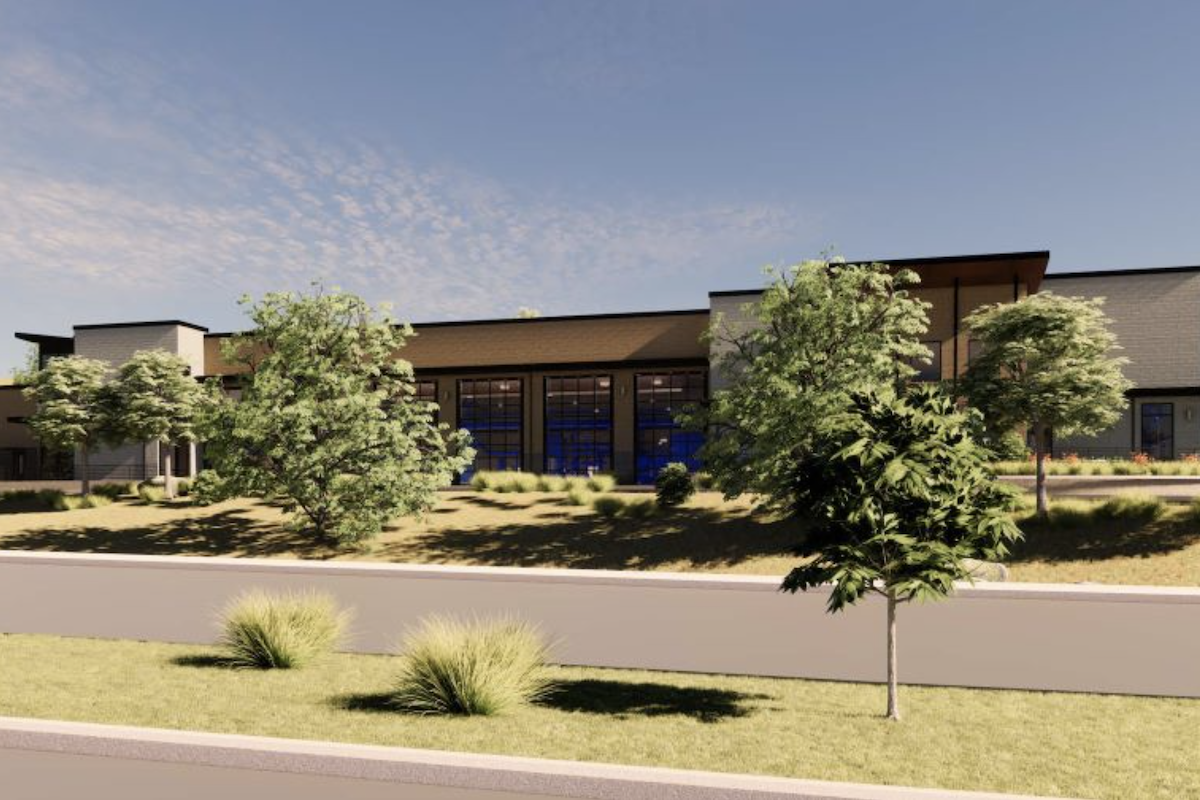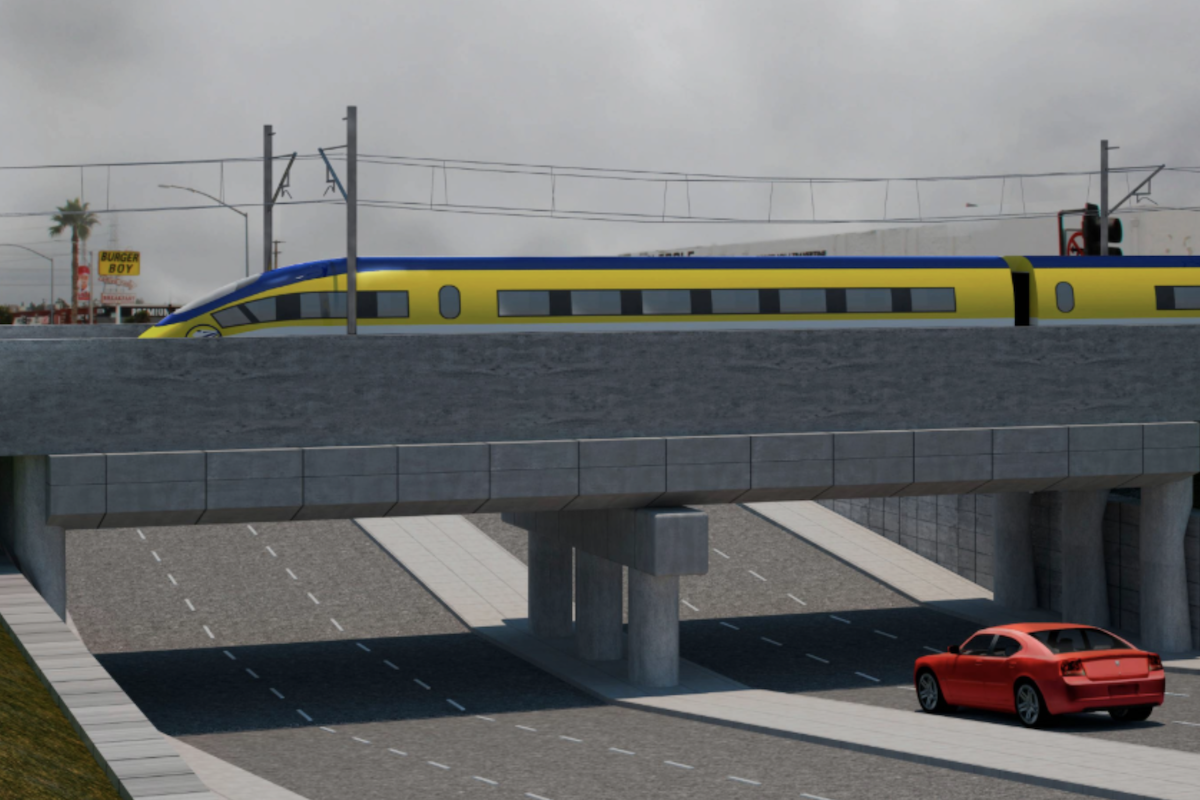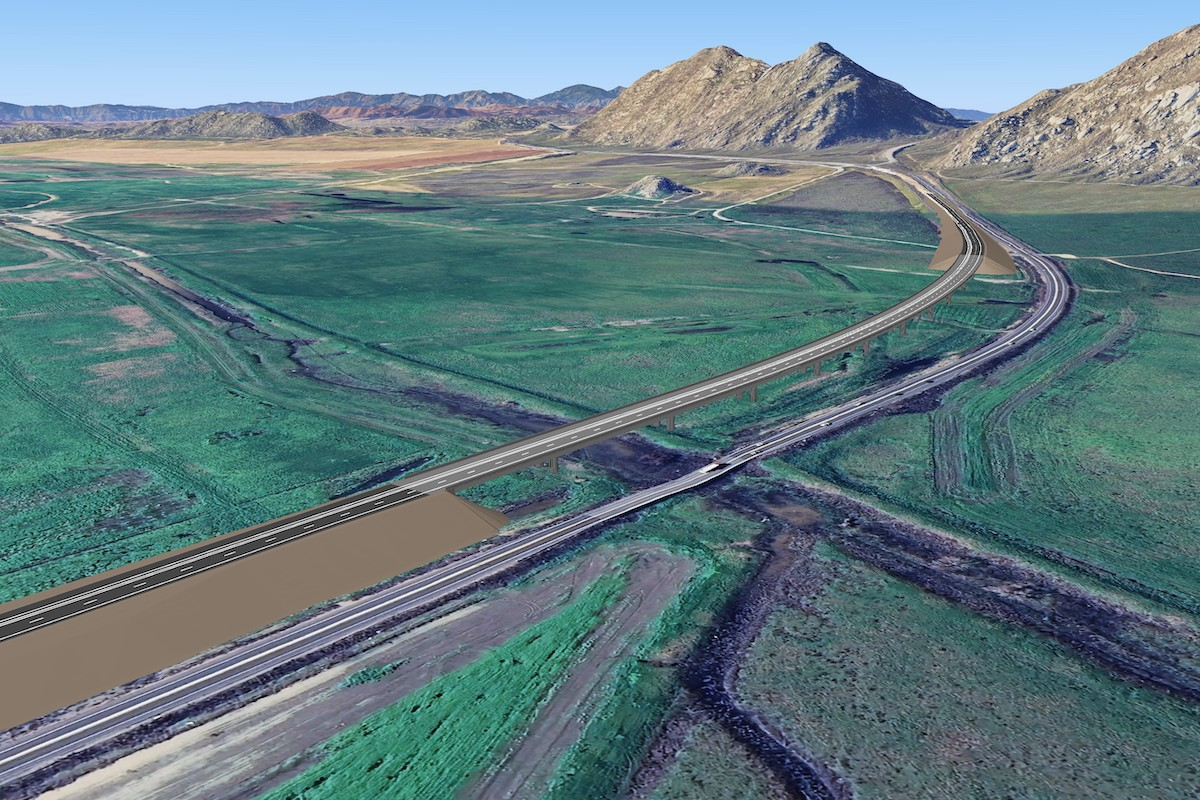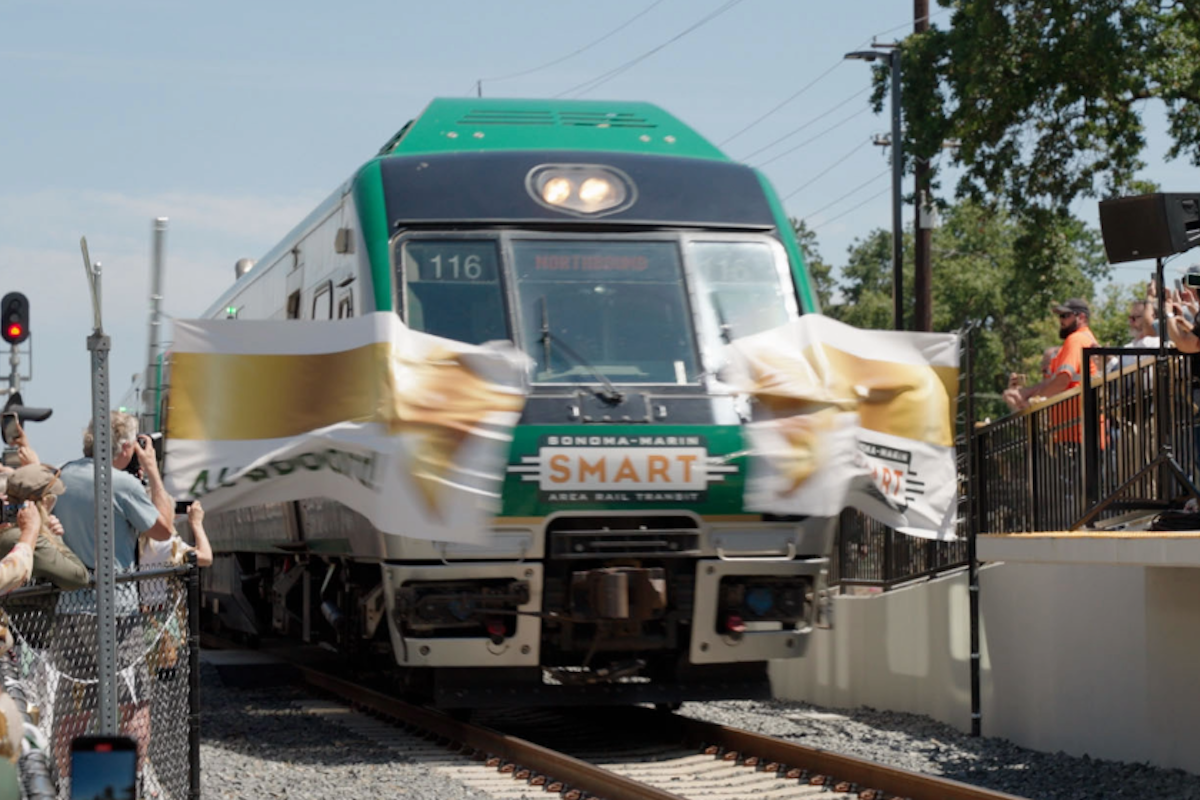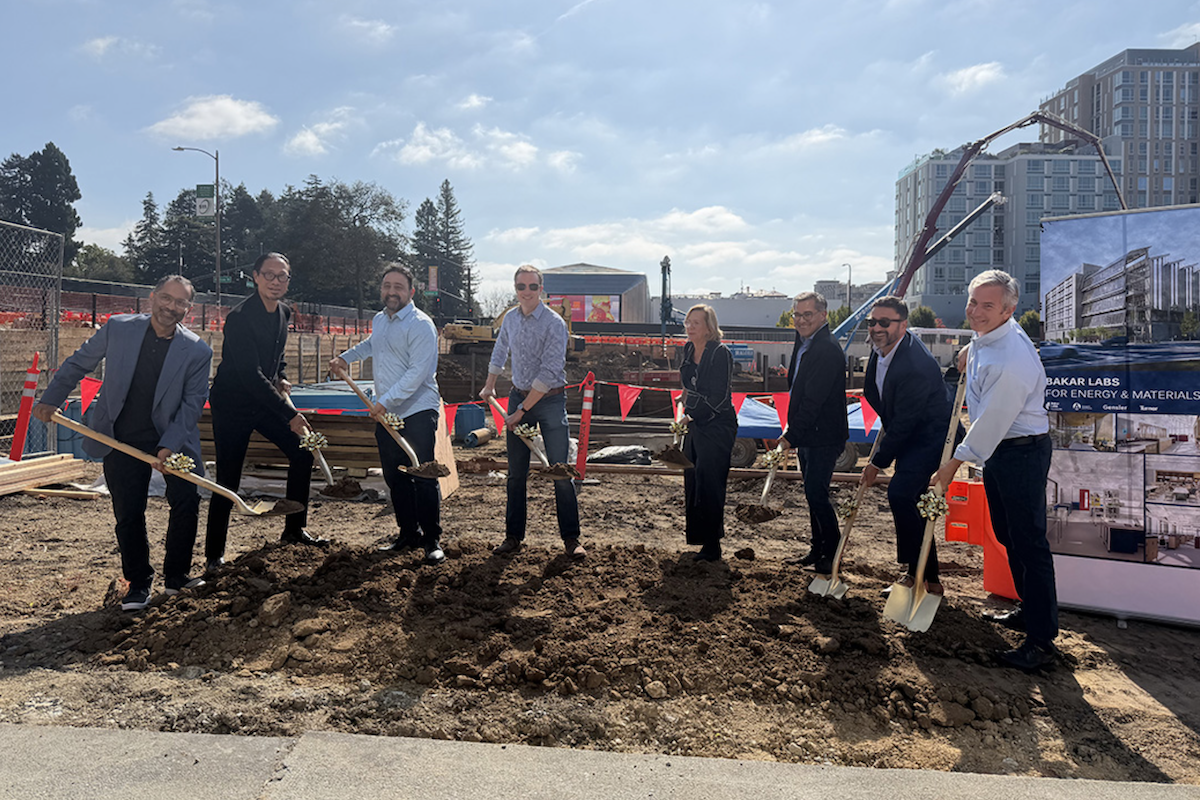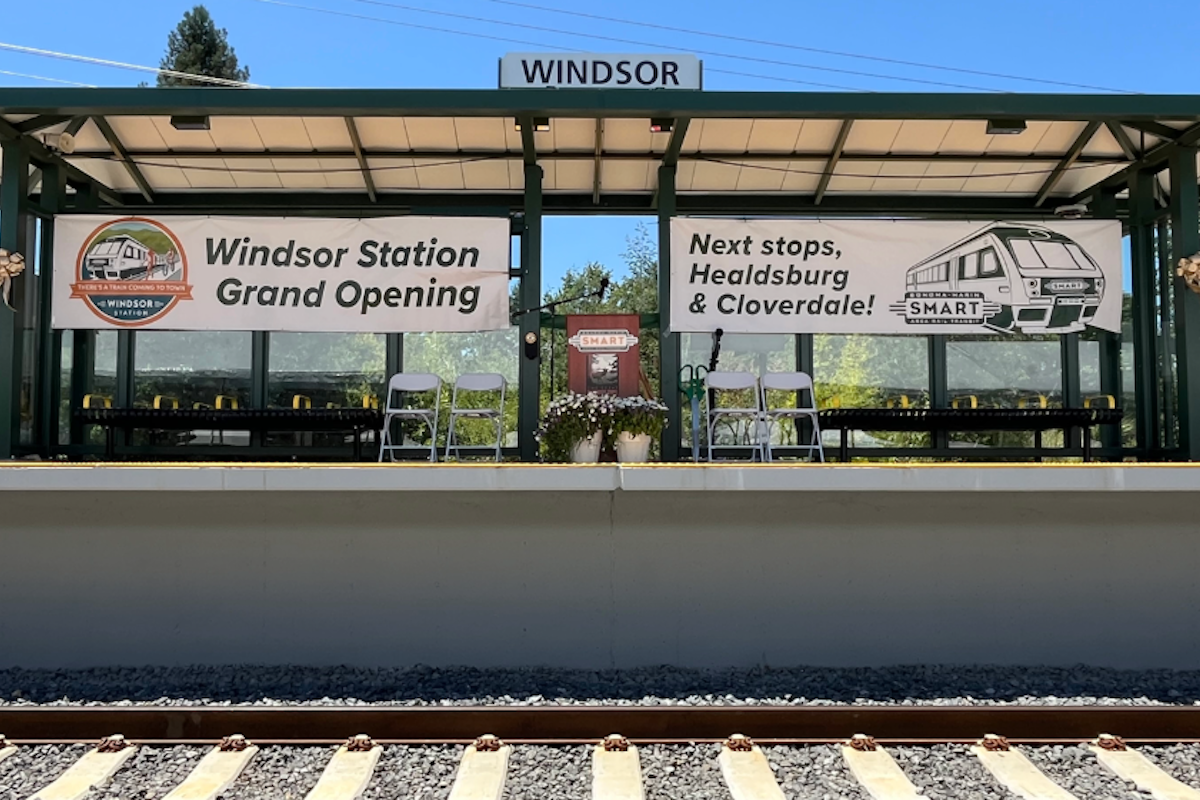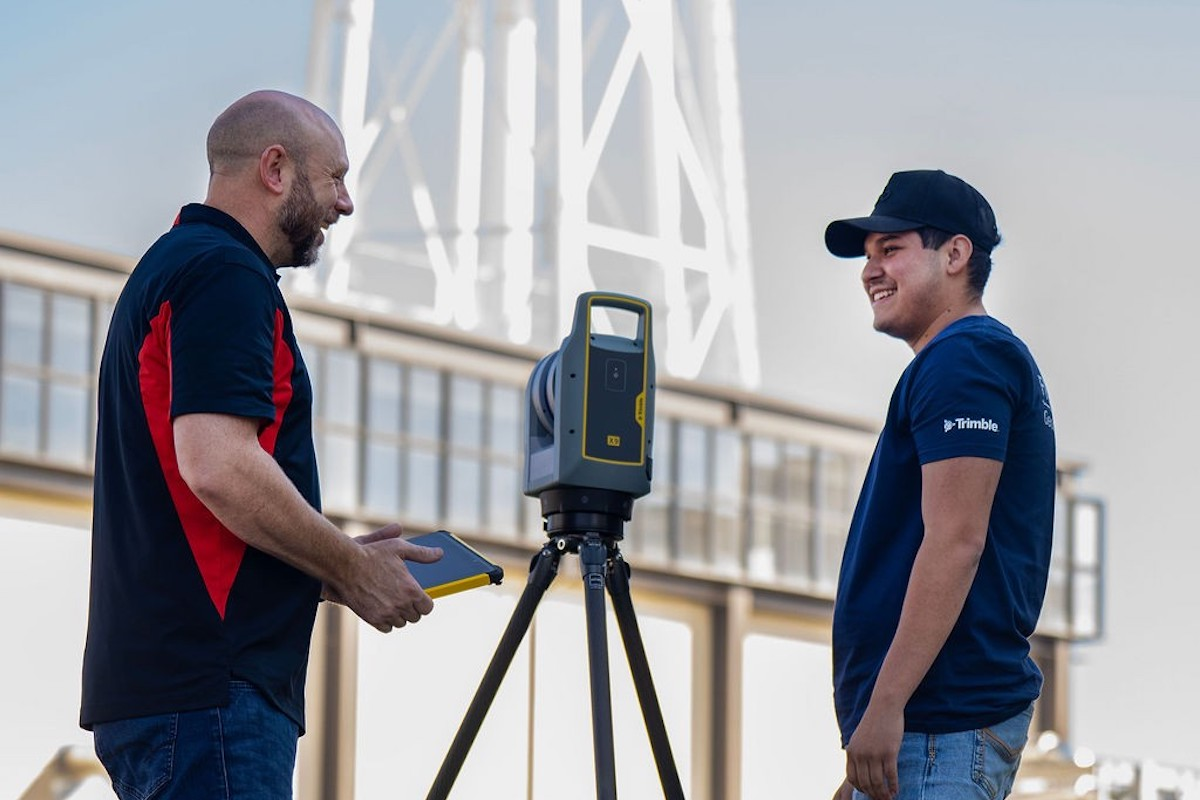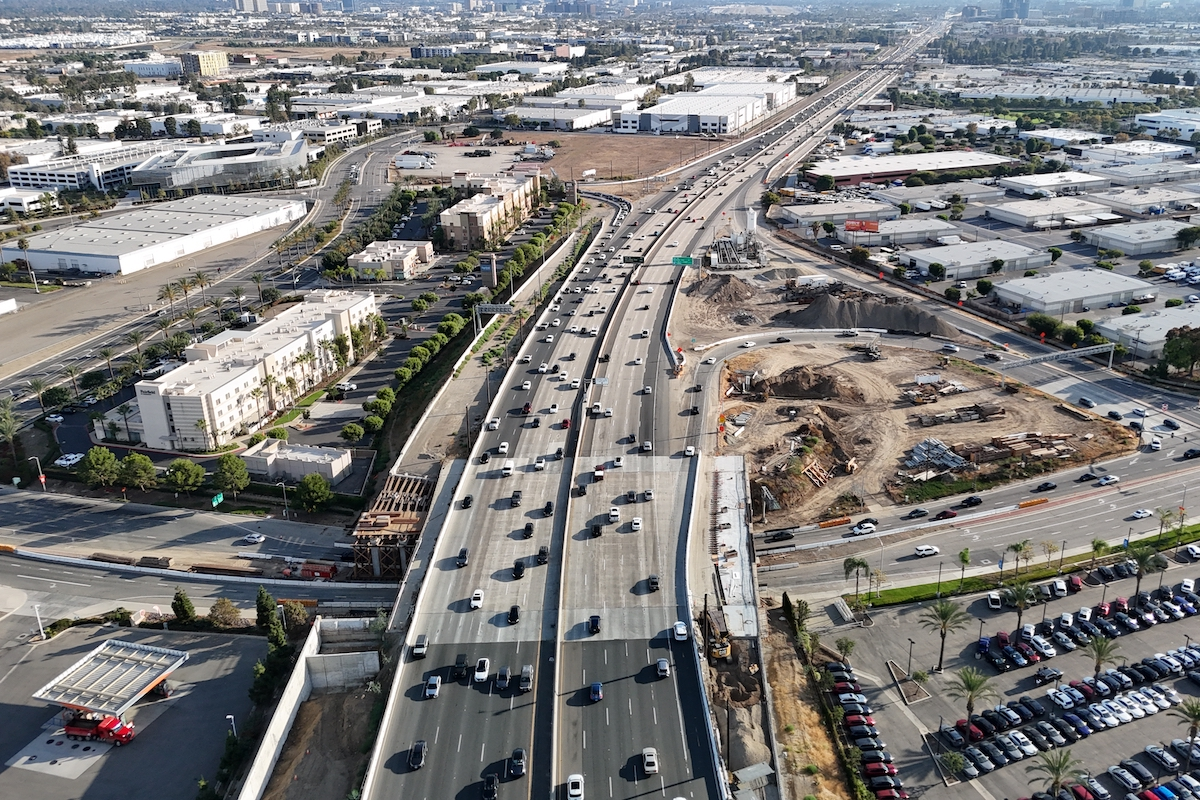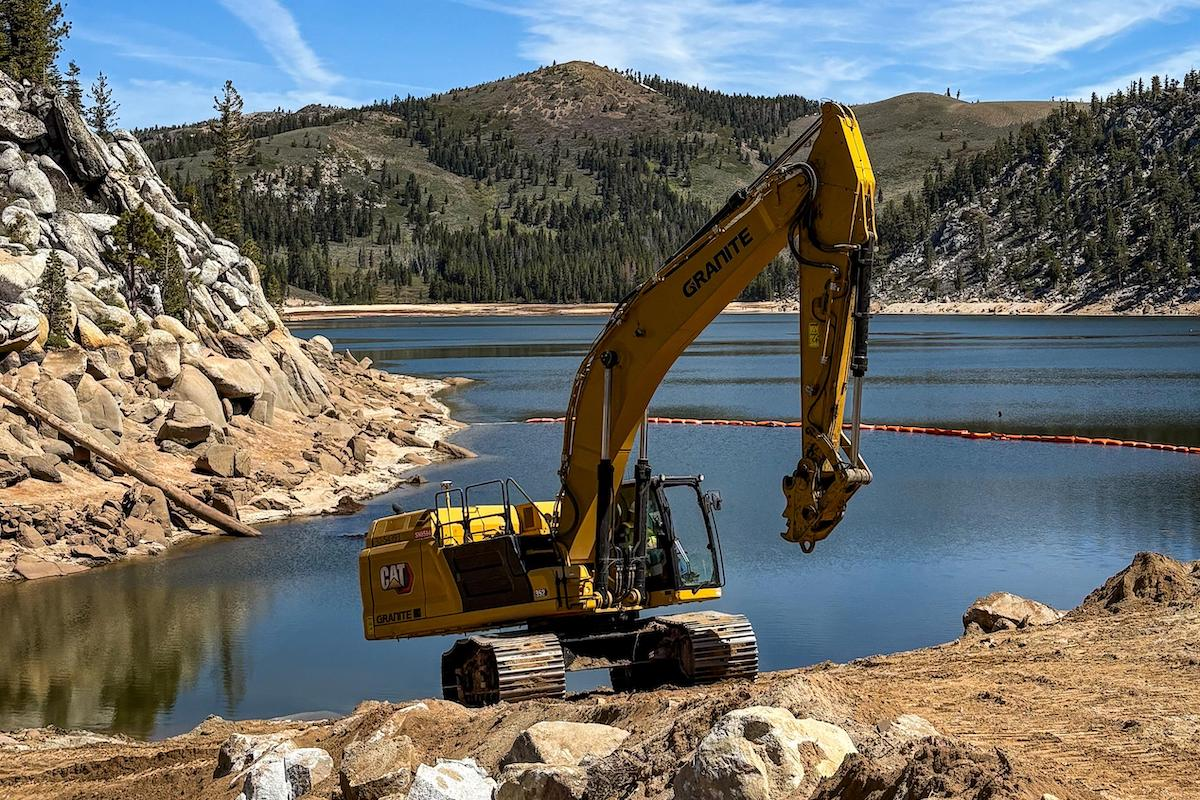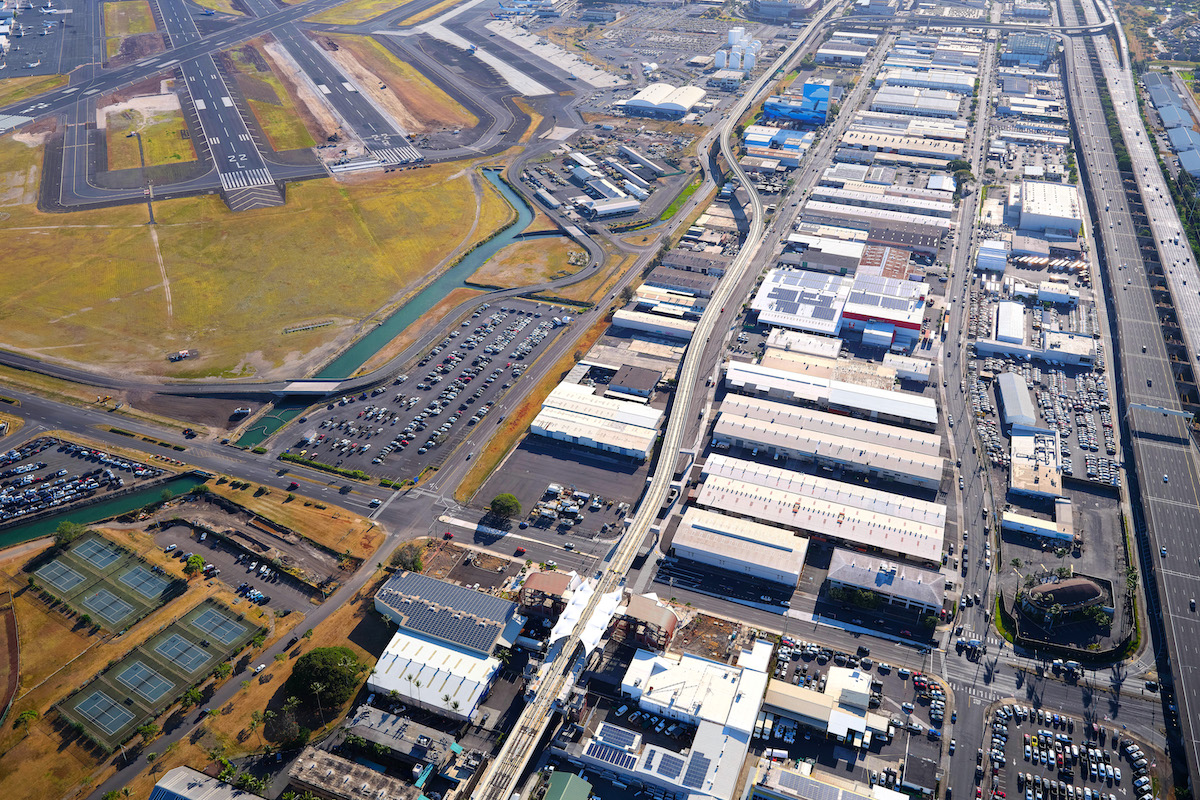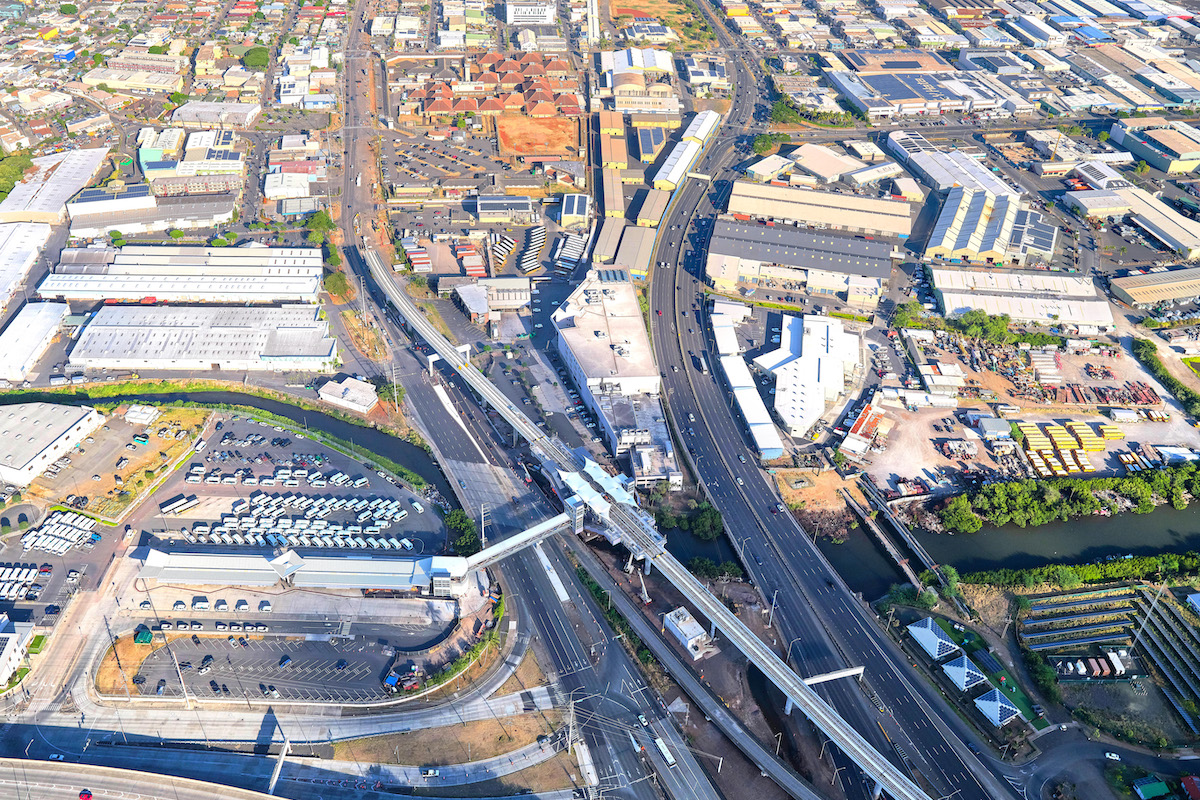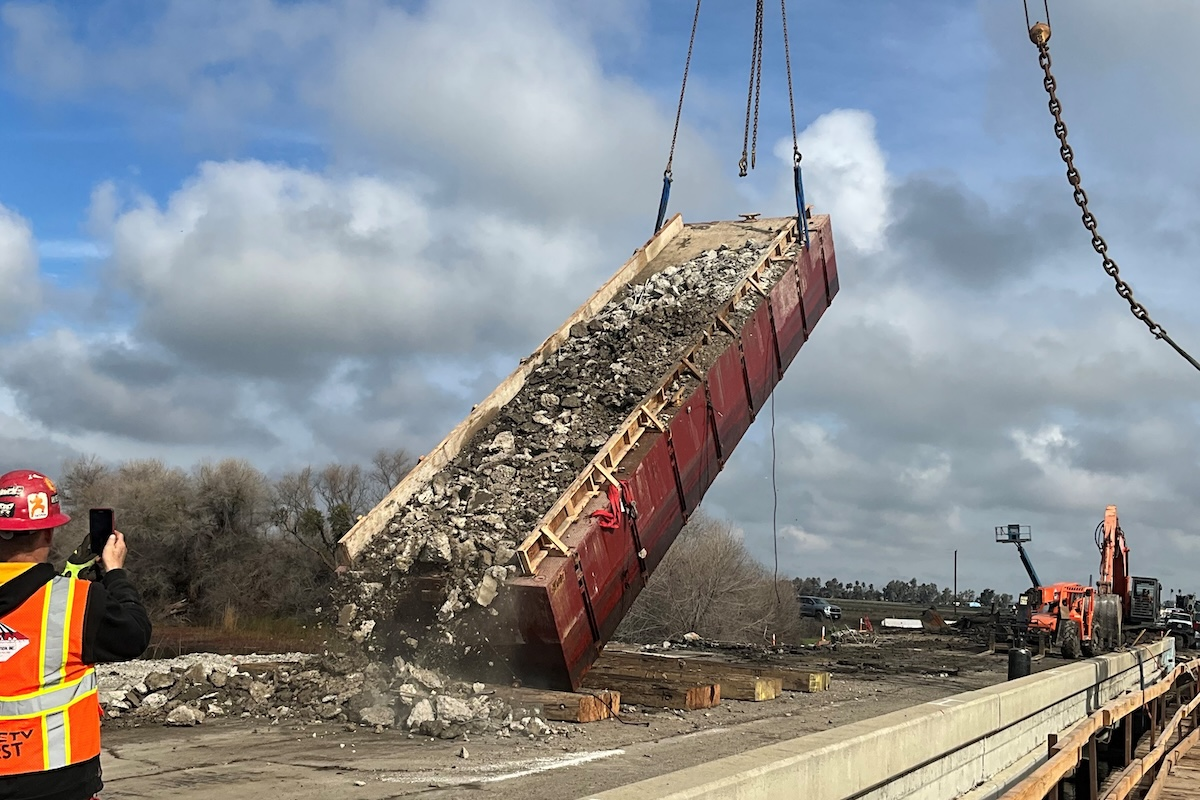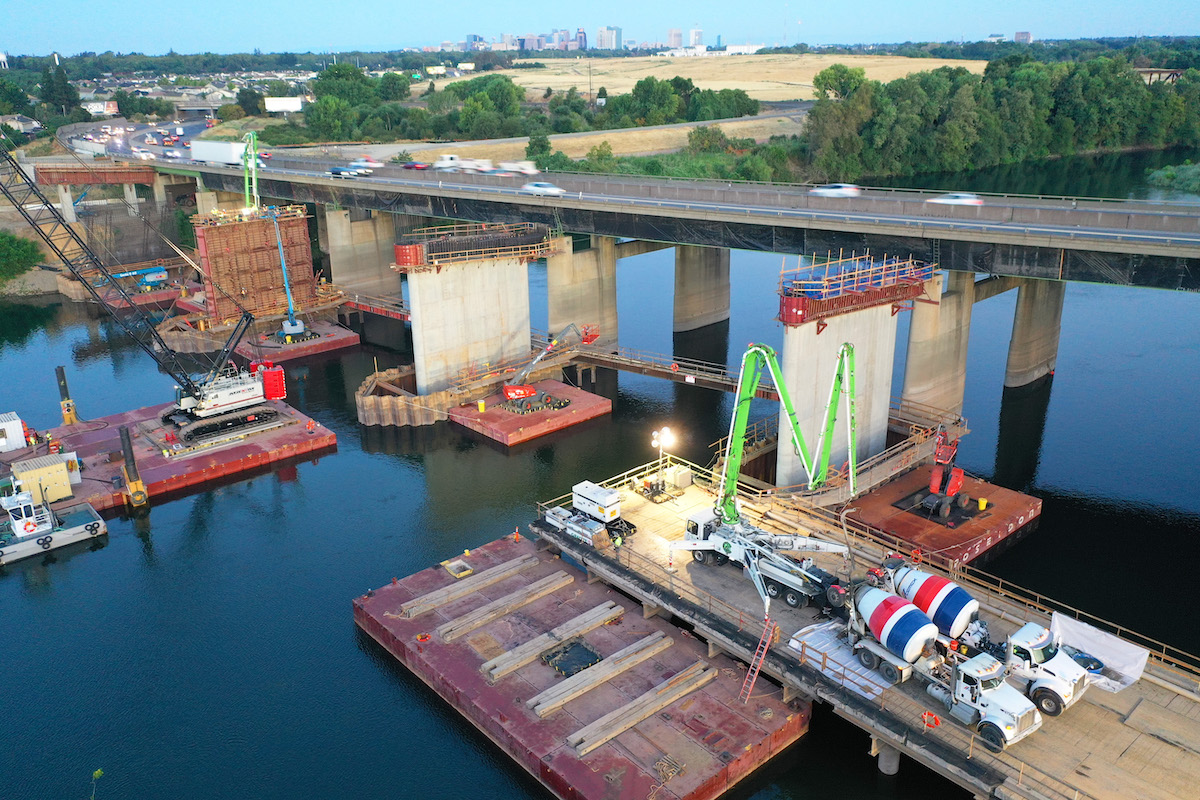Along I-20, two bridges were determined to need repair by the MDOT Bridge Division. The old bridges had suffered lots of wear and tear and needed attention. MDOT was working regularly to maintain the bridges by patching the damaged areas.
This wasn’t a good solution. Part of the reason is that nearly 100,000 vehicles use this section of I-20 daily. When MDOT crews were out repairing the bridges, traffic was severely impacted. Ultimately, the situation had to be addressed.
“There was too much wrong with the first bridge to repair it, and we determined it would be more cost-efficient to replace it,” says Trent Holbrook, MDOT Resident Engineer. Holbrook, who provides high level oversight for the project, adds by installing a new bridge rather than doing a teardown, “We also are not impacting traffic as much.”
This is because the new bridge is being built on a new alignment that is adjacent to the current alignment. The length of the project is one mile and there is some additional roadwork, such as adjusting the on/off ramps, that is being completed as well. Other work includes the installation of drainage structures and slope stabilization. Once traffic is shifted over to the new bridge, the team will demolish the old bridge.

| Your local Gomaco dealer |
|---|
| Terry Equipment |
The concern stems from the fact that the area has had soil slides in the past. “We went to great efforts to make sure the soil would not slide down,” Holbrook says. Those efforts included driving piles.
The area where the work is taking place is very tight. On one side of the project is the old bridges and on the other side are other roadways including U.S. 51. Between the tight space and the need to keep the lanes operable at all times, the team could not use a crane as they normally would to put in the beams for the bridge. So, they had to find a workaround.
“It took lots of engineering to determine how to set the beams,” says Holbrook. Eventually, the team decided to use a self-propelled modular transport (SPMT).
Anster, a company dedicated to researching and developing the best-performing special vehicles to reduce your transport costs, says SPMTs, “have the highest loading capacities in the world.” The beams weigh in at over 200,000 pounds each and are approximately 170 feet long.
“The transporters provide a way of lifting, carrying, and installing modular constructions,” says Anster.

| Your local Trimble Construction Division dealer |
|---|
| SITECH Southwest |
| SITECH West |
MDOT was new to SPMT’s. “No one on this project had ever used a SPMT to erect a beam with an overhead lift system,” says Holbrook. “Figuring out how to work it in was a lengthy process.”
Holbrook, who notes that setting the beams took a long time, describes the process. “Instead of lifting the beam as a crane does, the SPMT rolled it out over the area where it was to go and put it in place.”
The project cost is $42.2 million and is being financed via the traditional 80/20 split from the federal and state government. “We are on budget, and I don’t foresee anything throwing us off,” says Holbrook.
Serving as the contractor for the project is Key Constructors, LLC, as they were the lowest bidder. Holbrook credited Key with being a prime reason the project is on schedule. “Key is very open and willing to share process and schedule,” Holbrook says. “They’re fast-moving, and they’ve put multiple crews at the site to move this project along.”
The team has worked well together. They have weekly partner meetings to discuss plans and what the next steps are. “Everyone is aware of what is going on at all times which is one of the main reasons why we’re on budget,” says Holbrook. “Because everyone knows what’s going on, we can catch small stuff before it grows into something bigger and more costly.” One example of this was soil instability. Because it was caught early, the team developed a plan, the contractor handled it, and no time was wasted.

| Your local Gomaco dealer |
|---|
| Terry Equipment |
When the project is complete, commuters in and around Jackson will have a new bridge to add surety to their commute. MDOT will save time and money in terms of maintenance which led to lane closures and back-ups. MDOT is also expanding its tool kit with the use of new equipment. Best of all, the project is being done at no inconvenience to drivers.
















